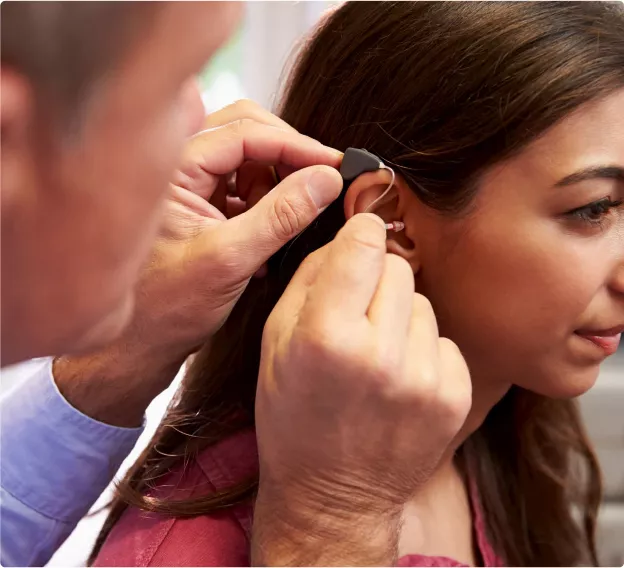The British Society of Audiology (BSA) and British Academy of Audiology (BAA) are issuing this joint statement to update its members in light of an ongoing and developing situation.
Both organisations firmly believe that all patients should be able to access safe and effective wax removal services delivered by trained and competent professionals. These services should be available free at the point of delivery where possible through NHS pathways. However, we acknowledge that, with increased demand, ongoing workforce shortages and potential waiting times, some consumers may prefer or need to access paid-for wax removal services.
BSA and BAA recognise the importance of good quality private provision being available for those who choose to and can afford to access this directly and share concerns regarding the skill levels of some individuals being trained, the delivery of services and the lack of regulation of this aspect of the profession.
Qualified Clinical Scientists (CS) in audiology, Audiologists, Hearing Aid Dispensers (HAD) and Nurses have the training and experience to extend their scope of practice to include wax removal. This means that they are usually well-placed to meet the learning outcomes defined in the BSA Minimum Training Guidelines for Aural Care which include: communication with patients, parents or significant others (including those with hearing loss); correct management of infection control; understanding health, safety and risks associated with the procedure; understanding of relevant anatomy and physiology; understanding of medico-legal issues; and correct use of equipment.
The BSA and BAA believe that all training providers should follow suitable course admissions criteria and, at the very least, the BSA Minimum Training Guidelines. This should include the requirement to ensure that there is adequate supervision following training, including initial observation and supervision by a qualified individual until such time that an individual can be deemed competent to proceed unsupervised, which should be formally recorded. The BSA are currently reviewing and strengthening the process by which training providers are awarded BSA accreditation, and then monitored, and they will seek to include feedback from course attendees to ensure that providers are meeting the requirements.
The BSA and BAA also recognise that there is a lack of proper registration or certification for individuals carrying out wax removal, which poses considerable risk of harm to service users. Whilst registration is in place for audiology professionals (statutory registration with Health and Care Professions Council (HCPC) for Clinical Scientists and Hearing Aid Audiologists and voluntary registration with the Academy for Healthcare Science (AHCS ) for audiologists) and other clinical professions (e.g. nursing) there is a real risk that wax removal could be performed by people outside of the appropriate clinical professions and without adequate training, supervision or accountability.
The BSA and BAA are working together, and with others, to urge registration bodies and regulators to consider how they can incorporate this aspect of clinical practice in order to keep patients and professionals safe. We do not believe it is appropriate for individual organisations, which may represent a minority of professionals, to seek to create a separate register. It is very much a time for audiology professionals from all sectors to focus on shared concerns and to collaborate on reaching a consensus on what safe and excellent ear care looks like.

